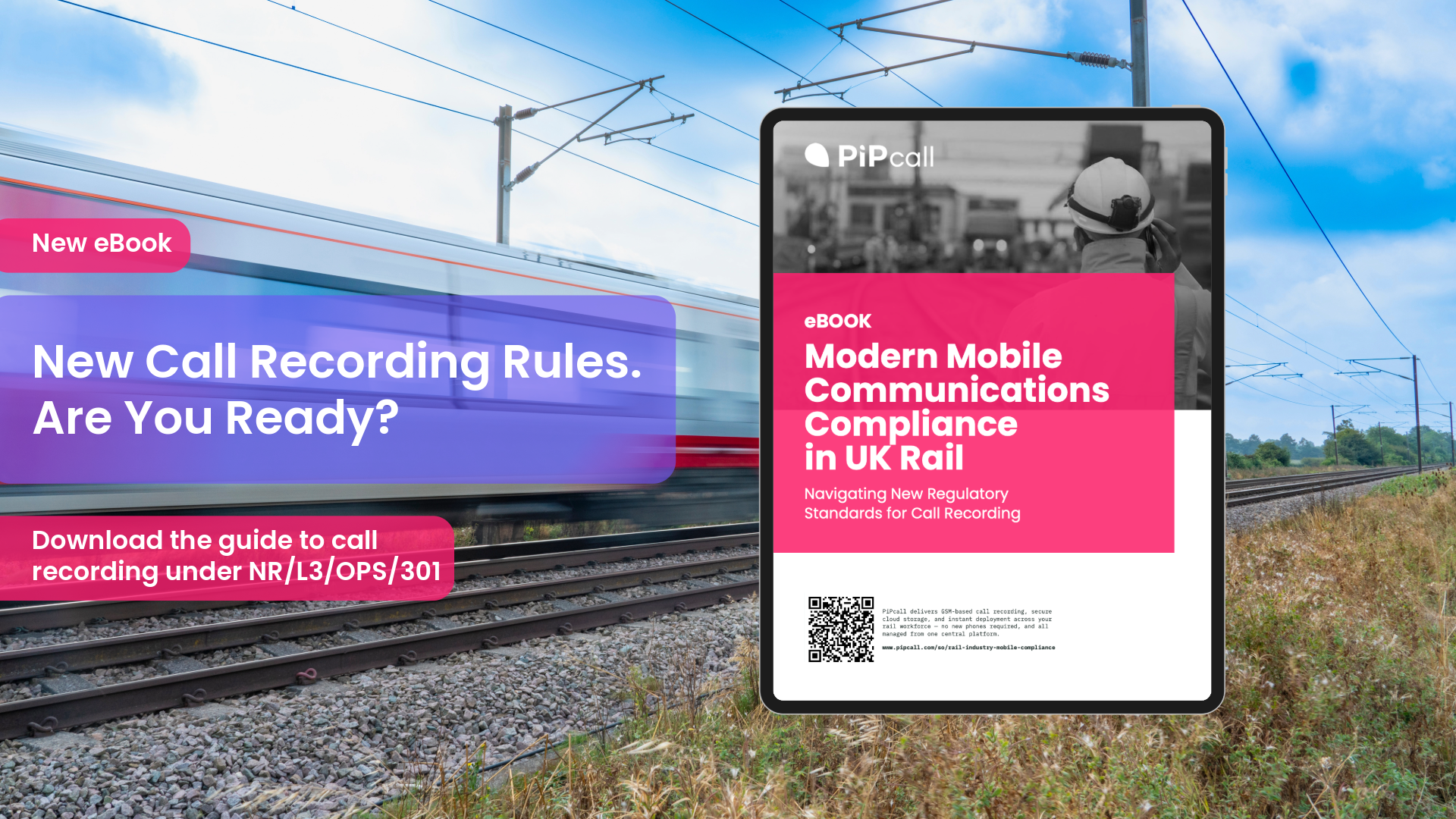Implementing eSIM technology within a business environment can significantly streamline mobile device management. For enterprises, effective eSIM management ensures efficiency, flexibility, and cost savings. Whether you're managing hundreds of devices across various locations or just starting to explore eSIM solutions, mastering enterprise eSIM management is key. This article will explore the tools, control mechanisms, and data analytics that make managing eSIMs easier for businesses.
Enterprise-Level Management Tools: Software for Managing eSIMs
What are Enterprise eSIM Management Tools?
To handle multiple devices efficiently, businesses require specialised software for managing eSIMs. These tools allow administrators to assign, activate, and deactivate eSIMs from a central system, making it easier to manage large fleets of devices. Solutions like Mobile Device Management (MDM) platforms are typically used to streamline the process. MDM platforms enable enterprises to monitor devices, push updates, and control eSIM profiles without needing manual intervention.
Key Benefits of Management Software
- Remote activation and deactivation: IT teams can provision or disable eSIMs without physical intervention, speeding up onboarding and security measures.
- Device oversight: Administrators can view data usage, carrier information, and network performance in real-time, allowing them to make informed decisions.
- Flexibility: eSIM management platforms make it easy to switch between network carriers, especially in areas with spotty coverage or for employees who travel frequently.
Examples of Use Cases
Businesses across various sectors have found success implementing eSIM management tools. For instance, a company managing remote workers can activate eSIMs on their employees’ devices immediately after issuing a new phone, eliminating delays and improving operational efficiency.
Centralised Control: How to Remotely Manage and Update Profiles
Why Centralised Control Matters
In a business environment, handling numerous devices through different locations requires a centralised management system. Centralised control of eSIM profiles allows companies to handle updates, troubleshooting, and carrier switching from a single portal. It also streamlines the task of applying security updates across the entire device fleet, ensuring that all employees are operating with the latest mobile network configurations.
Streamlining Profile Management
By centralising the control of eSIMs, businesses can manage multiple profiles within a single device. This is especially beneficial for employees who need different profiles for work and personal use, or for those who travel across different regions and require local profiles. With eSIMs, switching between these profiles can be done seamlessly, avoiding the hassle of physical SIM swaps.
Key Functions of Centralised Control
- Profile switching: Enterprises can control network profiles remotely, allowing employees to switch carriers when necessary or as their work location changes.
- Security updates: IT departments can manage and push important updates to all devices through one centralised platform, ensuring compliance across the fleet.
- Provisioning: New devices can be configured, and profiles assigned without the need to ship physical SIM cards.
Data Analytics and Monitoring: Keeping Track of Usage and Performance
Why Analytics are Critical for Business eSIM Management
Data analytics play a significant role in optimising business operations, and eSIM management is no exception, especially enterprise eSIM management. Through real-time analytics, businesses can track usage patterns, monitor data consumption, and make informed decisions on mobile network management. Understanding how each device is performing can help optimise costs and boost efficiency.
Benefits of Monitoring and Data Analytics
- Usage tracking: Enterprises can monitor how much data each device is consuming. This is particularly important for companies where data usage directly impacts operational costs.
- Cost control: Real-time tracking helps businesses avoid overspending on data plans. If a device exceeds its allocated data, administrators can step in to either top-up or limit data usage.
- Network optimisation: By analysing performance data, companies can assess which network carriers provide the best service in different regions, helping them make informed decisions on which networks to use.
Example of Data-Driven Decisions
An international business operating across different regions may find that one mobile carrier performs better in certain locations than another. With eSIM technology, switching to the most efficient network becomes a smooth process, ensuring uninterrupted service and avoiding the costs of poor connectivity.
Elevating Mobile Connectivity with PiPcall eSIMs
With PiPcall’s business eSIM solution, businesses can enjoy the flexibility and security of remote management and centralised control. PiPcall’s eSIMs, combined with its Mobile+ feature, provide advanced call functions like call transfer, voicemail-to-email, and call recording. This elevates business mobile communications, offering a complete solution for companies looking to manage their fleet of mobile devices efficiently.
PiPcall’s eSIM solutions offer businesses the opportunity to optimise mobile connectivity through advanced management tools and centralised control. Whether you're managing a small team or a large enterprise, eSIMs can help streamline operations and improve efficiency.


.png)
.png)



